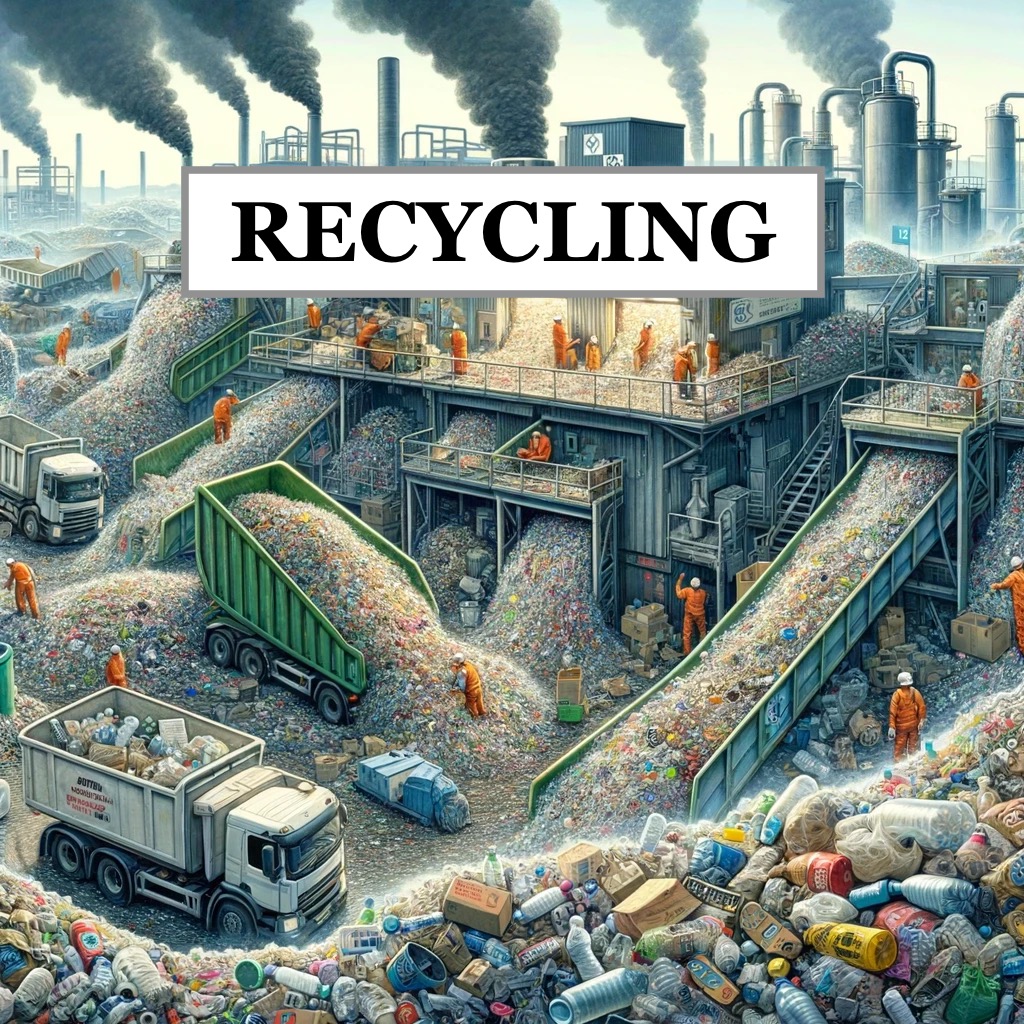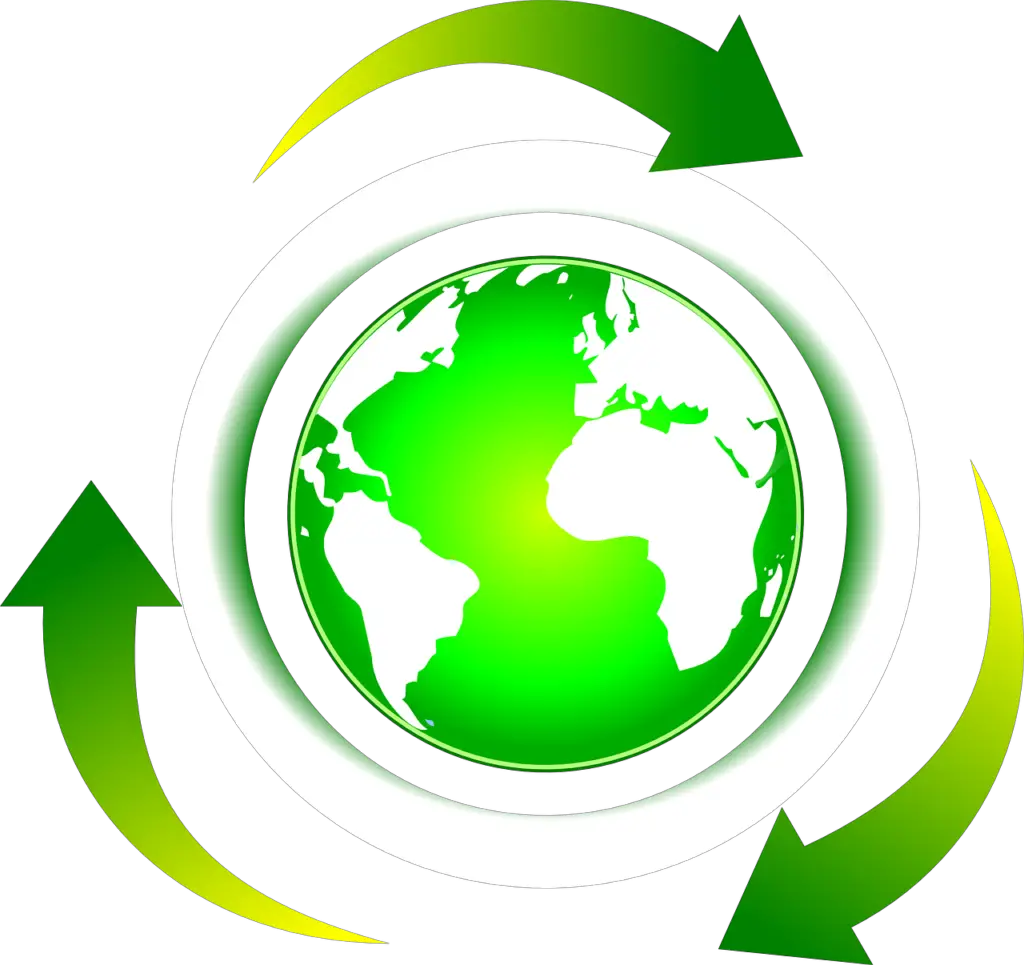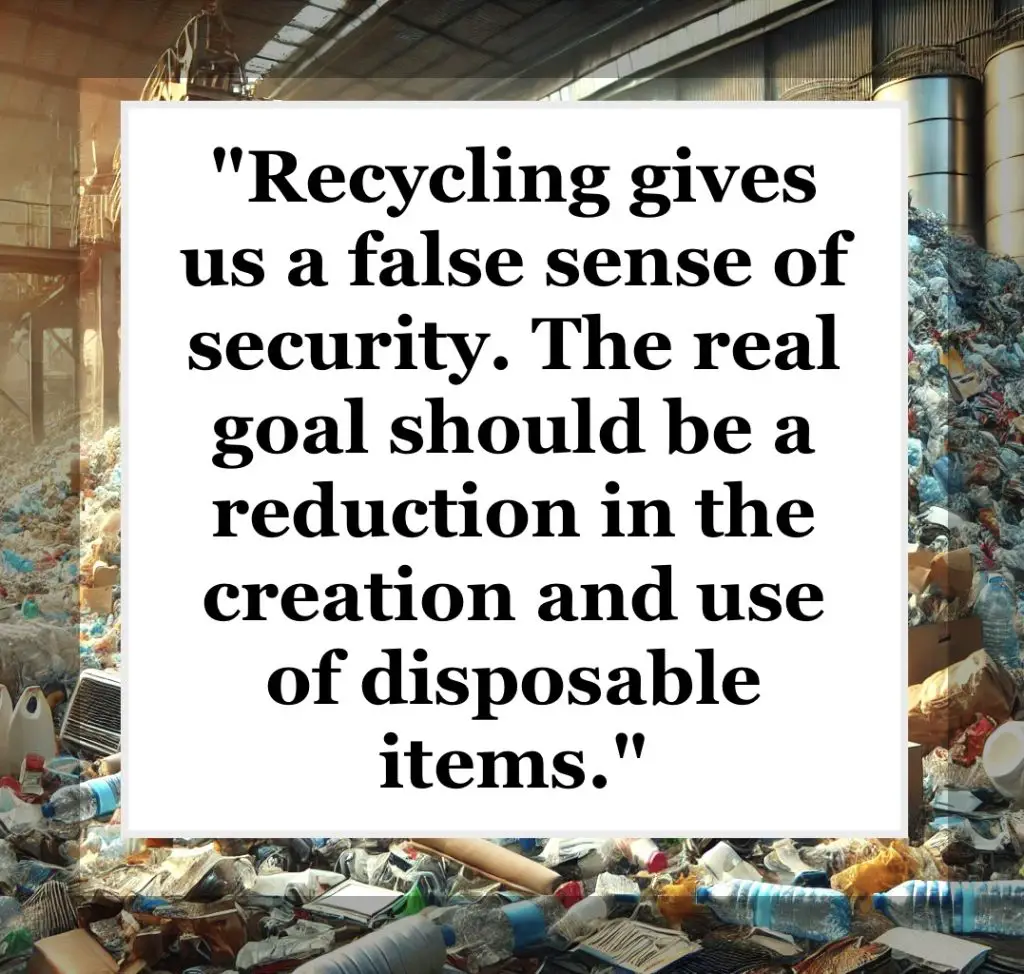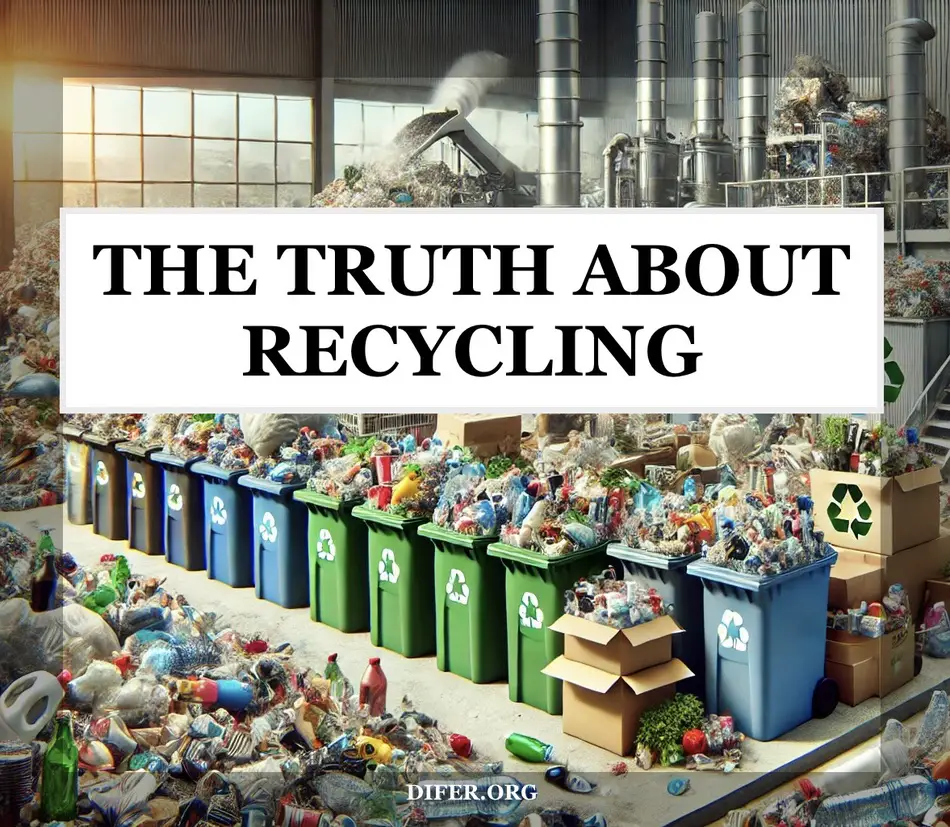Recycling has long been hailed as a basis of environmental sustainability, a straightforward way for individuals and societies to mitigate waste, reduce pollution, and conserve resources. However, given the complexities of recycling processes, recycling is not as eco-friendly and sustainable as commonly believed. Here we explore recycling with its limitations and the challenges that undermine its environmental benefits.
The Myth of Universal Recycling
One of the fundamental misconceptions about recycling is all recycled materials are processed and reused in an environmentally friendly manner. In reality, the effectiveness and sustainability of recycling vary significantly depending on the material. While metals like aluminum and steel can be recycled almost indefinitely without loss of quality, plastics pose a more complex problem. Most plastics are downcycled, meaning they are converted into lower-quality materials that are eventually unrecyclable, leading to their disposal in landfills or incinerators. In 2022, the overall global plastic recycling rate is estimated to be only around 9%.
The Issue of Contamination
Contamination in the recycling stream is a significant issue that reduces the efficiency and sustainability of recycling. When non-recyclable materials are mistakenly included in recycling bins, they can contaminate entire batches of recyclables, making them unsuitable for processing. This not only increases the cost and energy required to sort recyclables but also results in more materials being sent to landfills. The stringent cleanliness standards required for recyclable materials often mean a substantial proportion of them are rejected due to contamination.
High Energy Consumption and Pollution
The recycling process itself is energy-intensive, requiring substantial amounts of water and electricity to sort, clean, and process materials. The transportation of recyclables further adds to the carbon footprint of recycling. Also, recycling operations, especially those involving plastics, can produce significant air and water pollution. The environmental impact of these activities can sometimes negate the benefits of recycling, especially when the recycled products are of lower quality and utility.
Economic Viability
The economic sustainability of recycling programs is another challenge. The cost of collecting, sorting, and processing recyclables can be high, and the market for recycled materials is often volatile. Changes in global markets can drastically reduce the value of recyclables, making recycling programs financially unsustainable without substantial subsidies. This economic instability can lead to the discontinuation of recycling programs or the diversion of recyclables to landfills.
Issues with Recycling
- Contamination:
- Problem: Contaminated recyclables (items with food waste, non-recyclable materials mixed in) can spoil entire batches, making them unusable.
- Impact: Increased waste ending up in landfills and higher processing costs.
- Improper Sorting:
- Problem: Many people do not sort their recyclables correctly, leading to inefficiency and increased labor to separate items.
- Impact: Reduced effectiveness of recycling programs and increased costs.
- Single-Use Plastics:
- Problem: Single-use plastics are often not recyclable and contribute to pollution.
- Impact: Higher levels of plastic waste in the environment, harming wildlife and ecosystems.
- Recycling Market Fluctuations:
- Problem: The market for recyclable materials can be volatile, with low demand leading to stockpiling or landfilling of materials.
- Impact: Financial losses for recycling programs and increased waste.
- Inefficient Processes:
- Problem: Outdated or inefficient recycling facilities struggle to handle the volume and complexity of modern waste.
- Impact: Lower recycling rates and higher operational costs.
The Path Forward
To address these challenges, a more efficient approach to recycling is needed. Emphasizing waste reduction and the reuse of products can significantly decrease the need for recycling. For recycling to be more sustainable, improvements in recycling technologies, better sorting mechanisms to reduce contamination, and the development of markets for recycled goods are essential. Additionally, designing products for easier recycling and longer life spans can help create a more circular economy where materials are used more efficiently and sustainably.


While recycling is an important part of the solution, it cannot be the sole strategy for achieving environmental goals. A comprehensive approach that includes reducing consumption, enhancing product designs for longevity and recyclability, and investing in sustainable technologies is essential for a truly eco-friendly and sustainable future.
For more Eco-Friendly Ways to Save and Help Avoid Harmful Waste, please read ECO-Friendly Ways to Save:
Green Ways to Save Green: Eco-Friendly Ways to Save Money
For ways to reduce waste and save with a Bidet, please read Save Big with a Bidet
Less Waste with a Bidet!

DIFER.org is committed to reducing waste






Hi, I’m Alek. Your blog is a treasure trove of valuable insights, and I’ve made it a point to visit daily. Kudos on creating such an amazing resource!
Your article is interesting. Most people don’t put much thought into items they recycle. We need a better system and this article is enlightening. Thanks!